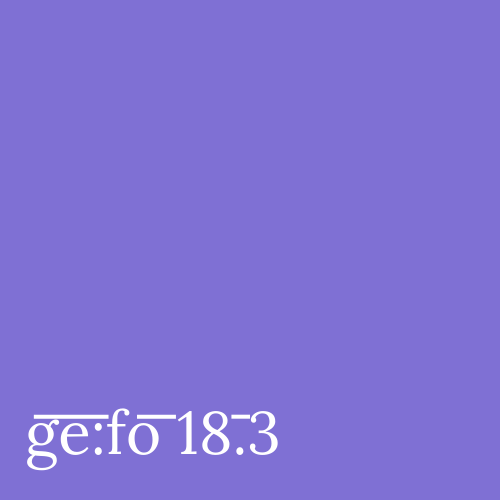'Adult Games' - Gender Subversion in Miranda July's The First Bad Man
DOI:
https://doi.org/10.18716/ojs/gefo/2019.2504Keywords:
The First Bad Man, Miranda July, postmodernism, feminismAbstract
This paper investigates points of contact between postmodernist / poststructuralist and feminist currents by analysing the deconstruction of stable gendered identities and the depiction of both femininity and masculinity in the performance artist Miranda July’s novel The first bad man (2015). Although there has been doubt about a productive interplay of postmodernism and feminism, it can be shown that the playfulness inherent in postmodern discourses might support feminism’s political agenda, namely by opening up the category of ‘woman’ to include participants who had been excluded from the framework of feminist identity politics before. The subversion of gender categories is achieved through performative acts (as described in Judith Butler’s Gender Trouble), namely the simulations or ‘adult games’ that the main characters Clee and Cheryl employ (for example re-enactments of old self-defence video tapes), and through the repeated parody of gendered norms inherent in the novel. While the heterosexual matrix is thus foregrounded, different forms of sexuality are played out against each other and the notion of a natural gender, as well as a specifically female sexuality, is called into question. Queer studies – with Judith Butler as their representative – provide a useful focus for the post-feminist agenda applied here (post-feminist not in the sense of a backlash, but as a new and productive approach to feminism and its objectives), and Linda Hutcheon’s ideas about a form of complicitous critique further exemplify the link to postmodernist theory. That subversion and destabilisation can only occur within their respective frameworks and that every deconstruction involves contradictoriness is made explicit throughout the paper and a possible escape from binary logic is proposed. The aim is to explore in how far postmodernism and feminism share certain objectives and, through their subversion of fixed identities and meanings, can create a productive intersection.



